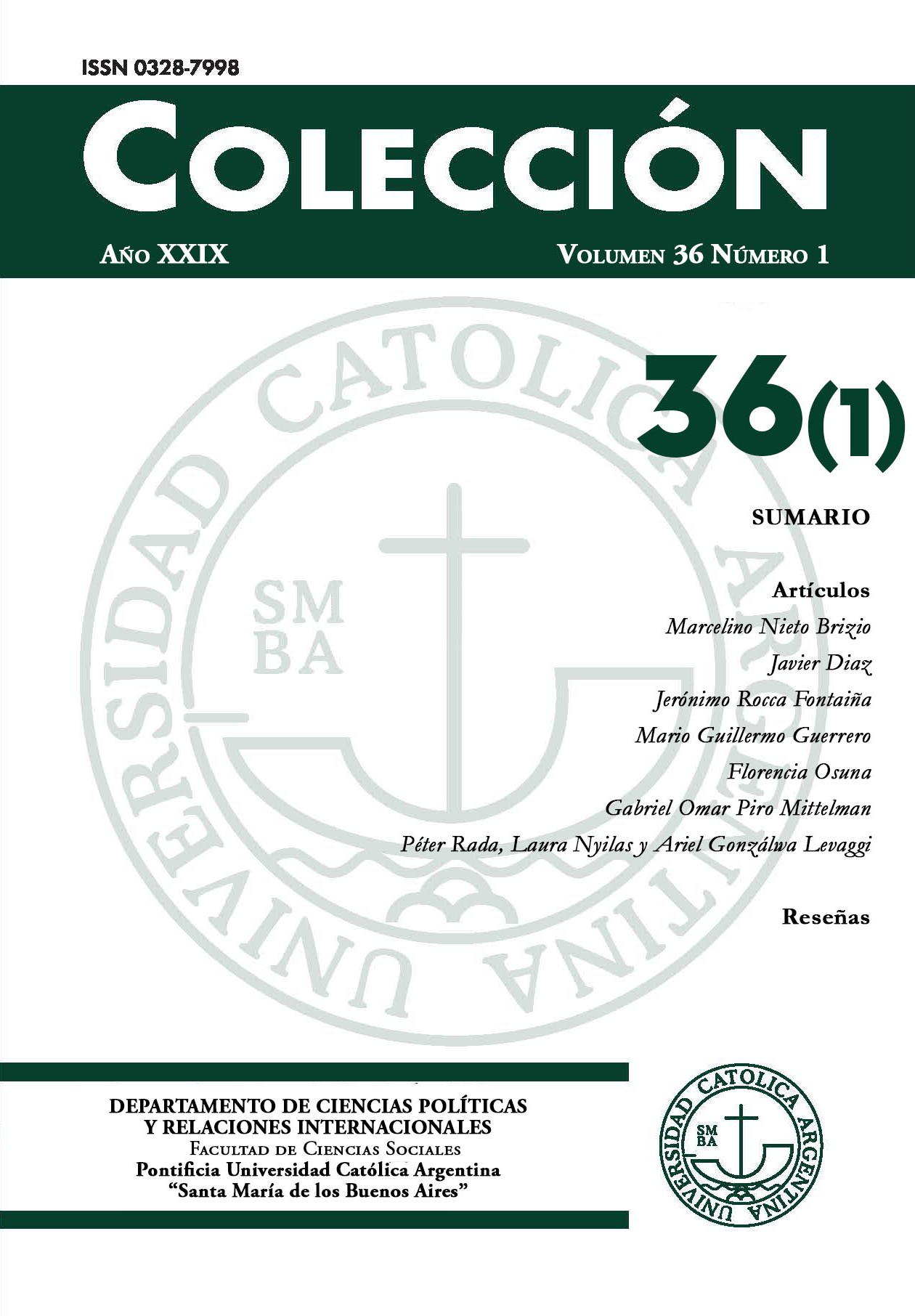The European Union in the Global Transition
The Challenges of its Agenda with Latin America and the Caribbean
DOI:
https://doi.org/10.46553/colec.36.1.2025.p223-250Keywords:
European Union, Latin America and the Caribbean, Strategic Autonomy, Global TransitionAbstract
This paper addresses the global role of the European Union (EU) in the context of the shifting world order following Russia's invasion of Ukraine, an event that has reshaped the dynamics of international security and cooperation. The EU faces the need to become a credible regional power, capable of ensuring its strategic autonomy and promoting a global agenda that refocuses attention on its relations with Latin America. A new EU global projection agenda, if managed appropriately, could strengthen its position both internally and externally, providing a solid foundation for its influence in an international system transitioning toward multipolarity. In this regard, the article not only explores the limitations and opportunities of the rules-based international order but also assesses the potential for deeper cooperation with Latin America as a model of global connectivity that could benefit both regions without provoking significant countermeasures from global powers such as the United States or China.
Downloads
Downloads
Published
How to Cite
Issue
Section
License
Copyright (c) 2025 Dr. Ariel González Levaggi, Dr. Peter Rada, Laura Nyilas

This work is licensed under a Creative Commons Attribution-NonCommercial-ShareAlike 4.0 International License.










 Colección
Colección